Robert Glass Cleland - History of California: The American Period
Robert Glass Cleland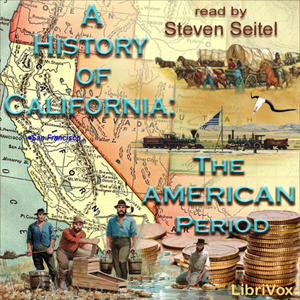
100%
Speed
Modern (19th C)
1.2K
Summary
The Author's own summary surveys “first the faint awakenings of American interest in the Spanish province of Alta California. The New England merchants traffic again along the sunlit, poorly guarded coast; the shadow of Russia hangs for a moment over San Francisco Bay; the hide and tallow vessels laboriously collect their cargoes at every little port...the first adventurous immigrants wind wearily down the mountain trails....“Then the scene changes...English ambitions hold a threat of danger to the program of the United States; the Sacramento settlers raise the crude Bear Flag as a symbol of revolt; and finally a strong-willed President acquires California as the fruit of war.
“The gold rush follows—a tumultuous beginning for the new day! Statehood then, and a time of social and political adjustment, when a restless people seek to accommodate themselves to ordered government and the restraints of law...they fill the treasury of the world with gold, reclaim an empire from the wilderness, turn the rivers into useful channels, meet the challenge of the mountains with a railroad, and securely lay the material foundations for a splendid state.”
This work may be considered the companion volume to Charles E. Chapman's A History of California: The Spanish Period, which tells the story of first Spanish and then Mexican California, from first discovery until the Treaty of Guadalupe Hidalgo in 1848 ceded ownership to the United States of America.
Disclaimer. The listener is reminded that the final chapter, Review and Prophecy, was written at a time when ideas were commonly held that today many regard as blatantly racist and offensive. This chapter has been read «as written,» with no attempt at sanitization. It does not reflect the opinions of the narrator. — Summary by Steven Seitel
Authorization
By logging in, you agree to the terms and conditions.
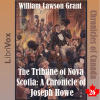

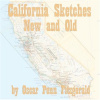
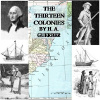
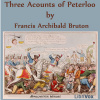
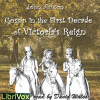






No comments